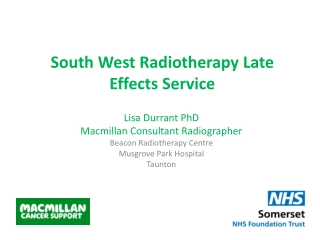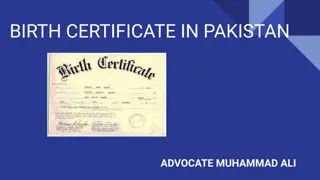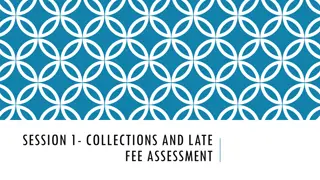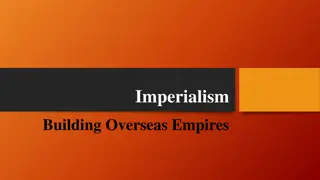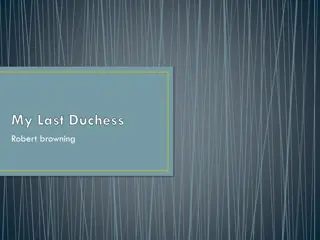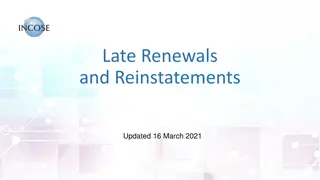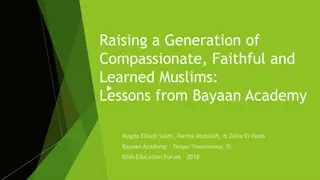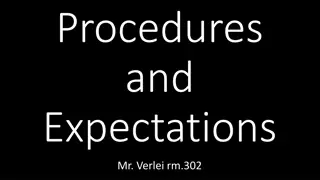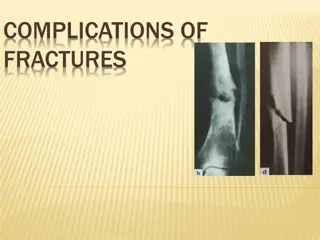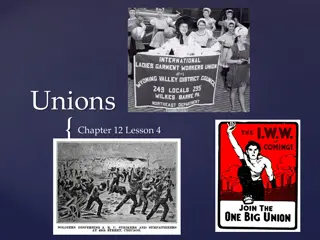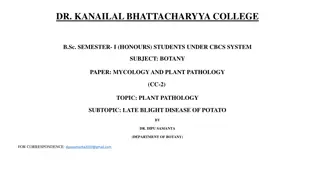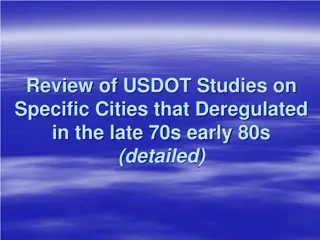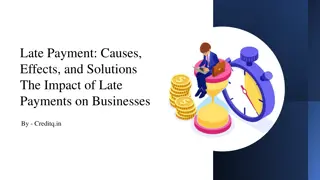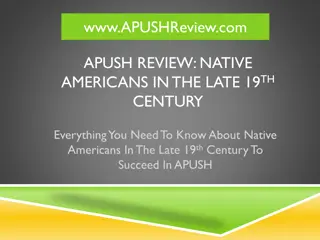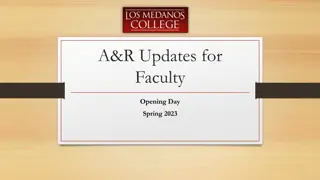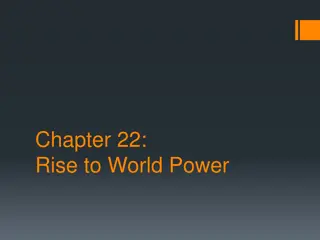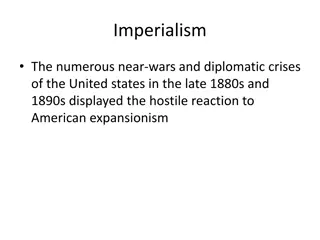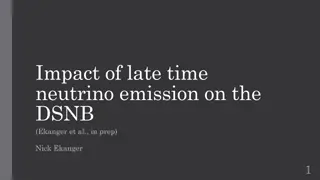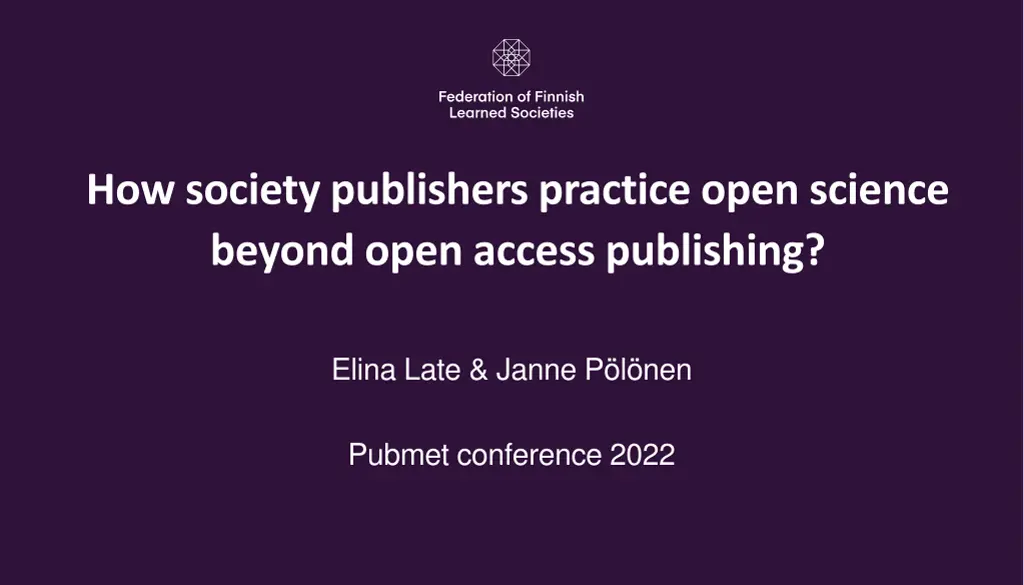
Society Publishers Embracing Open Science Practices Beyond Access
Learn about how society publishers engage in open science practices beyond open access publishing, focusing on the role of learned societies in Finland and their activities in promoting responsible research. Explore the research setting and key variables for open scholarly knowledge practices identified in a recent survey conducted by the Federation of Finnish Learned Societies.
Download Presentation

Please find below an Image/Link to download the presentation.
The content on the website is provided AS IS for your information and personal use only. It may not be sold, licensed, or shared on other websites without obtaining consent from the author. If you encounter any issues during the download, it is possible that the publisher has removed the file from their server.
You are allowed to download the files provided on this website for personal or commercial use, subject to the condition that they are used lawfully. All files are the property of their respective owners.
The content on the website is provided AS IS for your information and personal use only. It may not be sold, licensed, or shared on other websites without obtaining consent from the author.
E N D
Presentation Transcript
How society publishers practice open science beyond open access publishing? Elina Late & Janne P l nen Pubmet conference 2022
Learned societies as publishers Non-profit organisations often run by volunteers promoting and disseminating research in their discipline Also known as scholarly/scientific societies/associations Europe is estimated to have 9000 societies Federation of Finnish Learned Societies has 297 member societies The role of societies as national publishers is significant 70% of Finnish journals published by the societies (in national languages) Studies on Learned Societies in Finland: Learned Societies in Finland 2018 (2019) Learned Societies and Responsible Research (2022) Who are the members of Learned Socities? (2022)
Activities of Learned Societies in Finland 2021 A major part A minor part Not part of Cannot say 0% 10% 20% 30% 40% 50% 60% 70% 80% 90% 100% Organising scientific seminars and conferences Scholarly publishing (n=115) Rewarding researchers and research (n=112) Providing education to researchers (n=110) Funding research (n=114) Supporting researchers (n=112) Research activieties (n=111) Providing facilities, materials and equipment for Researchers advocacy (n=110)
Research setting Late, E., P l nen, J., Pylv n inen, E. (2022). Learned Societies and Responsible Research. Results of the survey for the TSV member societies. Federation of Finnish learned societies. https://doi.org/10.23847/tsv.219 Research data: Survey by Federation of Finnish Learned Societies (TSV) to 297 member societies 116 member societies responded on practices related to open science, research ethics, research assessment and societal influencing 97 respondents are publishing societies, and are focus of this study Research questions: To what degree society publishers take up the practices of open scientific knowledge including open access to publications, open data and open education? Are practices of open scientific knowledge cumulative?
9 variables for open scholarly knowledge practices 1. Scientific publications 1. Publish open access peer reviewed publications (gold, green, hybrid OA) 2. Define self-archiving policy for publications 3. Define data policy for publications 2. Open research data 4. Provide open research data or metadata 5. Provide open research infrastructure 6. Provide training for opening research data 3. Open educational resources 7. Provide open educational events 8. Provide open educational materials 9. Provide training for open education
Adopting elements of open publishing Yes No 0% 10% 20% 30% 40% 50% 60% 70% 80% 90% 100% Open access publications (n=97) Self-archiving policy (n=81) Data policy (n=84) Four-fifths (79%, n=77) of the respondent either publish one access publications or have self-archiving policy.
Adopting elements of open data Yes No 0% 10% 20% 30% 40% 50% 60% 70% 80% 90% 100% Open data/metadata (n=90) Open research infrastructure (n=92) Training for opening data (n=90) Only one third (33%, n=31) of the respondent publishers actually collect and store research data. Out of these 91 per cent have archived their data openly for example in a data repository.
Adopting elements of open education Yes No 0% 10% 20% 30% 40% 50% 60% 70% 80% 90% 100% Provide open educational events (n=93) Provide open educational materials (n=91) Provide training for opening educational materials (n=89) More than 70 % (n=70) of the respondent publishers provide education for researchers, professionals or for the general public. Of these 80 % arrange their events openly, 50 % provide materials openly and 15 % provide training
The share of OA and non-OA publishers adopting practices of open scientific knowledge OA publisher (n=51-63) Non-OA publisher (n=27-30) 0% 10% 20% 30% 40% 50% 60% 70% 80% 90% Self-archiving policy Data policy Open data/metadata Open research infrastructure Training for opening data Open educational events Open educational materials Training for opening educational materials
Conclusions The results show that society publishers take up elements of open scientific knowledge most often related with open scholarly publications. adopting the practices are cumulative. OA publishers are more likely to take up other elements of open scholarly knowledge. New survey shows that the membership considers, in addition to the traditional forms of operation, such as networking, publications and events, the promotion of responsible science to be an important task of societies. Openness of research-based knowledge, influence on science policy and society, the defending of researchers and the promotion of research integrity and responsible assessment. Vast majority of 1500 respondents agreed fully or partially with the statement that is important task of societies to promote the openness of research-based knowledge (92%) or to publish research free of charge to the readers (83%).
References Delicado, A., Rego, R., Concei o, C.P., Pereira, I., & Junqueira, L. (2014). What roles for scientific associations in contemporary science?. Minerva 52 (4), 439 -465. Fyfe, A. (2021). Self-help for learned journals: Scientific societies and the commerce of publishing in the 1950s. History of Science. Korkeam ki, L., Late, E., P l nen, J., Ryyn nen-Karjalainen, L. & Syrj m ki, S. (2019). Learned societies in Finland 2018. Federation of Finnish learned societies, web publication 8. Available at: https://doi.org/10.23847/isbn.9789525995190 Late, E., Korkeam ki, L., P l nen, J., & Syrj m ki, S. (2020). The role of learned societies in national scholarly publishing. Learned Publishing, 33(1), 5-13. https://doi.org/10.1002/leap.1270 Late, E., P l nen, J., Pylv n inen, E. (2022). Learned Societies and Responsible Research. Results of the survey for the TSV member societies. Federation of Finnish learned societies, web publication 11. Available at: https://doi.org/10.23847/tsv.219 UNESCO (2021). UNESCO Recommendation on Open Science. Available at: https://unesdoc.unesco.org/ark:/48223/pf0000379949.locale=en Ware, M. & Mabe, M. (2015). The STM report: An overview of scientific and scholarly journal publishing. Available at: https://digitalcommons.unl.edu/scholcom/9/

